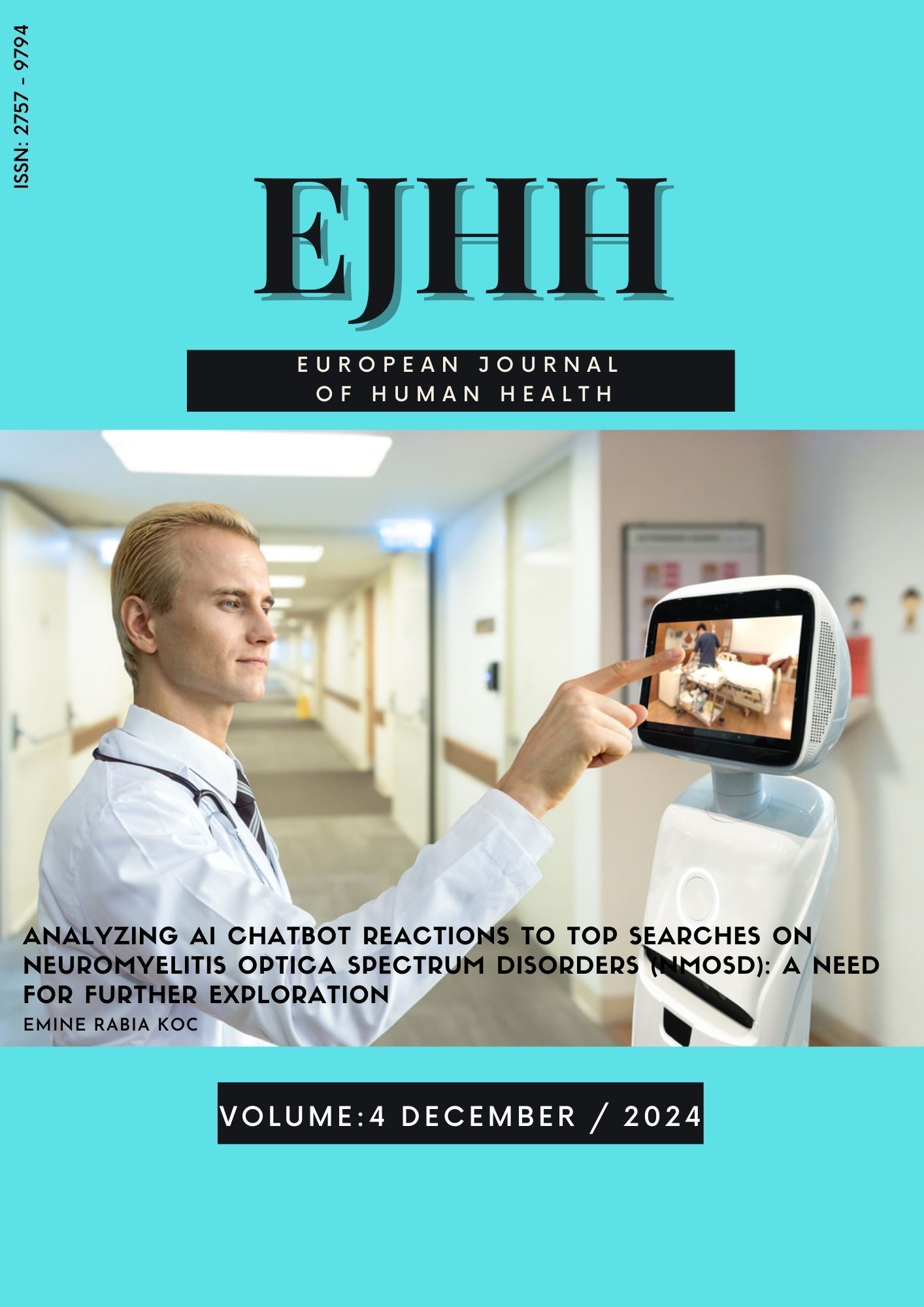Author :
Abstract
Keywords
Abstract
Aim: In this study, we aimed to investigate the effects of the presence of Helicobacter Pylori (H. Pylori) infection on the clinical course, prognosis and mortality of Coronavirus-19 disease (COVID-19).
Methods: The research was carried out with 180 volunteer patients hospitalized with a diagnosis of COVID-19 between the dates 25.12.2021 and 25.01.2022. The diagnosis of COVID-19 disease was made by PCR test. H. Pylori status of the patients was determined by the Elisa method.
Results: Mortality was observed less in H. Pylori positive cases than in negative cases (p=0.015).When the results of multivariate logistic regression analysis were examined, it was determined that a one-unit increase in the level of Blood Urea Nitrogen measurement increased the risk of mortality 1.04 times. The mortality risk of patients classified as severe according to radiological findings was 10.53 times higher than the patient group without findings in the radiological examination. The mortality risk of participants with neuropsychiatric disease was 3.50 times higher than participants without neuropsychiatric disease. In addition, unvaccinated patients were found to have a 2.68 times higher risk of mortality than vaccinated patients.
Conclusion: In this study, as a contribution to the literature, it was seen that among patients hospitalized due to COVID-19, H. Pylori positive cases died at a lower rate. Mortality in the H. Pylori-positive group may have been affected by confounding factors, but considering that it may still be beneficial in treatment and prevention, the relationship between H. Pylori and COVID-19 should be investigated in more detail in further studies.





